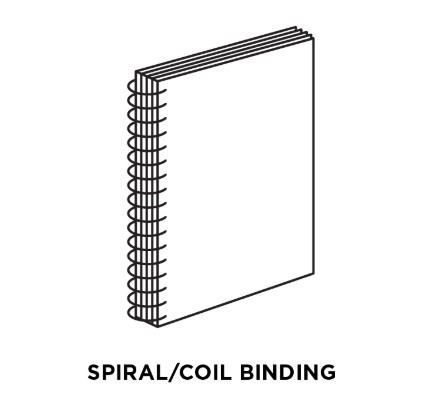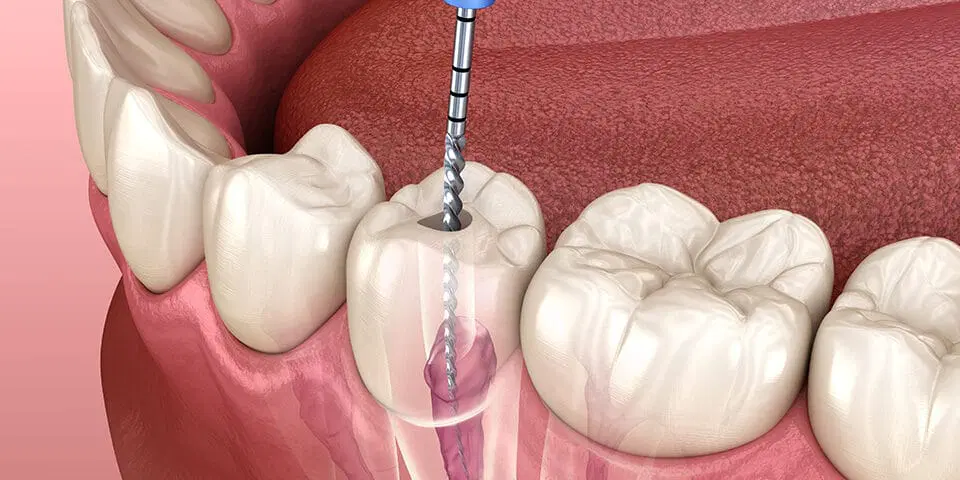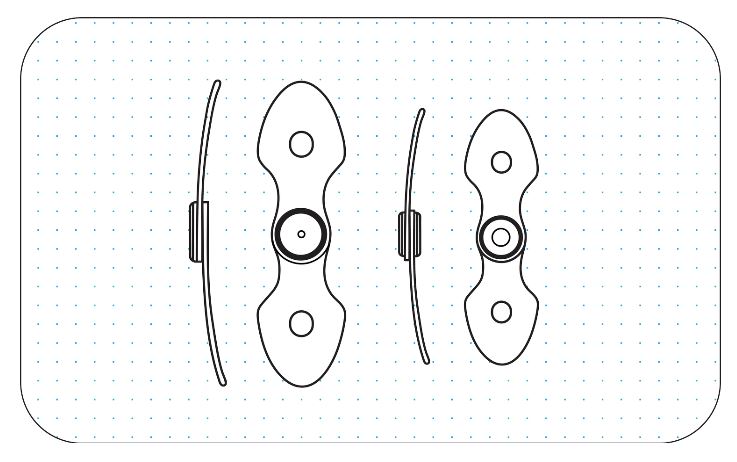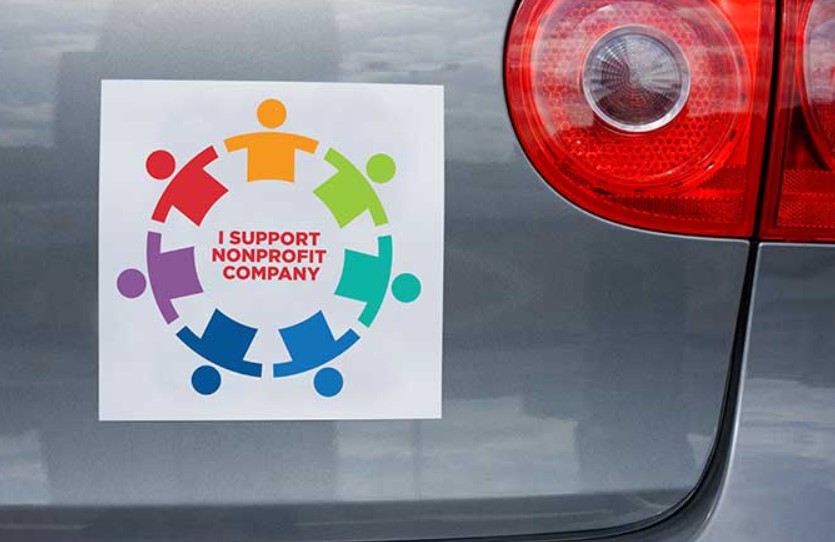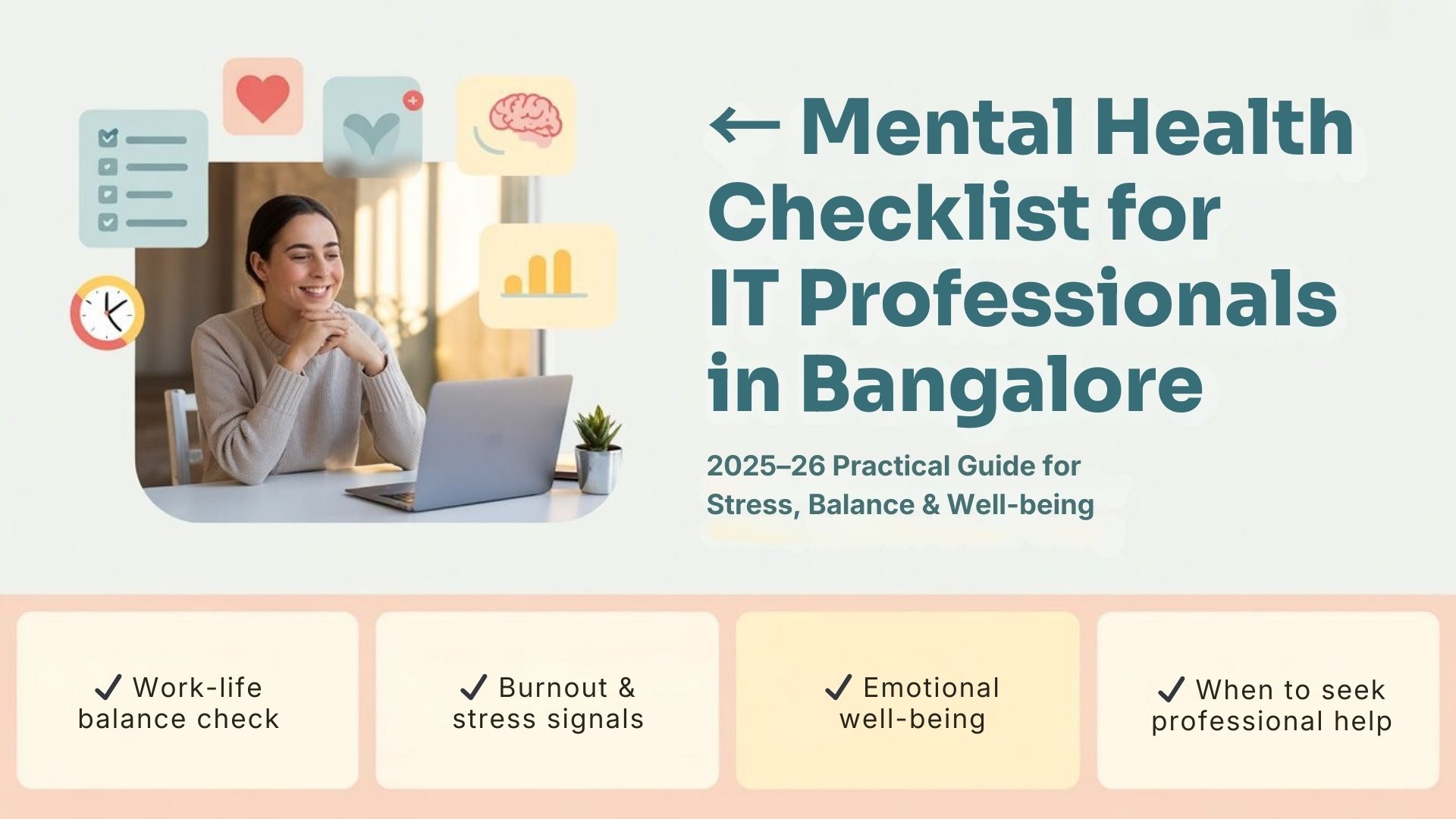Broken Promises and the Healing Power of God

Broken promises are some of the deepest emotional wounds we can experience. When someone we love betrays our trust, it can leave behind a trail of confusion, anger, and sorrow. Whether those promises were made in a marriage, friendship, or family, the pain of betrayal touches our identity and spirit. Yet, within that pain lies an unexpected invitation—to discover the profound and redemptive healing power of God.
In this article, we’ll explore how the journey from broken promises to wholeness is possible, not through denial or bitterness, but by embracing God’s presence in the most painful chapters of our lives.
Understanding the Depth of the Wound
The breaking of a promise isn’t just about unmet expectations—it’s about a violation of trust. When someone gives their word, we naturally build our lives around it. A spouse who swears fidelity, a parent who promises protection, a friend who vows loyalty—when those commitments shatter, they take pieces of our confidence and peace with them.
Broken promises often leave people wondering, Was it my fault? Could I have prevented this? The emotional weight can manifest as self-blame, insecurity, and even spiritual disconnection. It’s crucial to understand that broken promises are not just personal failures—they’re relational wounds that can run deep and echo long after the betrayal occurs.
However, while humans may falter, God does not. His promises are unwavering. He says in Isaiah 41:10, “Do not fear, for I am with you… I will strengthen you and help you.” In times of human failure, divine faithfulness becomes our anchor. When trust in people fails, trust in God begins to grow.
God’s Grace in the Midst of Pain
In the aftermath of broken promises, it may feel impossible to move forward. The emotional landscape can seem desolate—like love and trust will never return. But it’s often in these seasons that we’re most open to the transformative presence of God. His healing doesn’t erase the past, but it gives us the strength to live again, stronger and more rooted in truth.
The healing power of God isn’t about forgetting the hurt—it’s about letting Him walk through it with you. Psalm 147:3 says, “He heals the brokenhearted and binds up their wounds.” Unlike quick-fix solutions, God’s healing is deep and lasting. It addresses not only the wound but also the identity crisis that often follows betrayal.
Spending time in prayer, journaling your emotions, or simply crying out to God can open your heart to His presence. Healing may also come through support systems—faith-based counseling, community groups, or a trusted mentor. The more you lean into God’s embrace, the more clearly you’ll begin to see that pain doesn’t get the final say—grace does.
Choosing Forgiveness for Yourself
One of the hardest steps after experiencing broken promises is choosing to forgive. Forgiveness doesn’t mean what happened was okay. It doesn’t mean the person deserves a second chance. What it means is that you’re choosing to release the power that bitterness has over your heart.
God never commands forgiveness to burden us—He commands it to free us. In Ephesians 4:31-32, we are reminded to “Get rid of all bitterness… forgiving each other, just as in Christ God forgave you.” Forgiveness, rooted in God’s love, is one of the most profound acts of faith and obedience. And it’s also one of the most liberating.
This process is often gradual. You might start by simply praying for the willingness to forgive. Over time, you may find that your heart begins to soften—not to excuse the betrayal, but to release yourself from carrying its weight. When forgiveness happens, healing accelerates. You reclaim the joy, peace, and clarity that broken promises tried to steal.
This theme of pain, forgiveness, and redemption is beautifully captured in many real-life-inspired works, like buy 17 months and a secret by Maxine Cabrall online, a powerful narrative that reflects the fragile truth of love, loss, and the quiet strength it takes to heal.
Letting God Lead the Process
After the devastation of broken promises, many wonder if they’ll ever trust again. The answer is yes—but not without God’s guidance. Trust isn’t rebuilt overnight. It requires discernment, wisdom, and emotional maturity, all of which God can provide in abundance.
Rebuilding trust doesn’t mean rushing into reconciliation. Sometimes, boundaries are a necessary part of healing. The trust you extend should be guided by prayer and counsel, not just emotion. God often uses this time to sharpen our discernment—teaching us the difference between trust that is earned and blind hope.
If the relationship that broke the promise continues, open communication and accountability are essential. But even if it ends, trust in humanity can still be restored. God can use new friendships, mentors, and faith communities to show you that trustworthy people still exist—and that you are still capable of connection.
The most important thing is to rebuild your trust in God first. When your foundation is in Him, you can weather future storms with strength. His consistency becomes your compass. You learn that your worth is not defined by someone else’s failure, but by God’s unchanging love for you.
A New Beginning Through God’s Power
There’s life after brokenness. And not just any life—a richer, deeper, more faith-filled life. When you invite God into your healing journey, He doesn’t just patch you up—He transforms you. The story of broken promises becomes a testimony of strength, growth, and divine intervention.
Living redeemed means carrying your scars without shame. It means showing up in your life with a healed heart and open hands. You may still grieve what was lost, but you’ll also begin to rejoice in what God is doing now. The very pain that once consumed you becomes proof of His power to redeem and restore.
As Romans 8:28 assures us, “In all things God works for the good of those who love Him.” That includes betrayal. That includes heartbreak. And that includes you.
You may never fully forget the moment your heart was broken, but you’ll also never forget the moment God began to heal it. That’s the beauty of faith—it turns tragedy into testimony and despair into purpose.


 English
English 



















